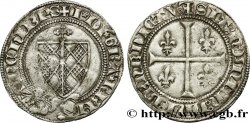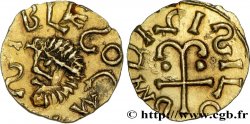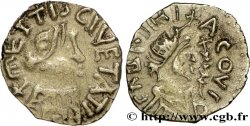Live auction - fmd_471589 - 1 franc Bonaparte Premier Consul 1803 Lille F.200/7
Чтобы принять участие в торгах, вы должны войти в систему и стать подтвержденным участником аукциона. Войдите, чтобы сделать ставку. Ваш аккаунт будет подтвержден в течение 48 часов. Не ждите до закрытия торгов, чтобы зарегистрироваться.Сделав ставку на данный товар, вы вступаете в юридическое соглашение на покупку выбранного товара и нажатием кнопки «Сделать ставку» подтверждаете принятие вами условий интернет-аукционов cgb.fr.
Ставка может бить сделана только в полном эквиваленте евро. Торги закроются согласно времени, указанному в описании товара, все ставки, сделанные после закрытия торгов, учитываться не будут. Не следует откладывать предложение вашей ставки до последнего момента, так как система может не успеть обработать вашу заявку, и ваша ставка не будет принята. Более детальную информацию вы найдёте здесь: FAQ по интернет-аукционам.
Все ставки победителей подлежат комиссии 18%.
Все ставки победителей подлежат комиссии 18%.
| Оценить : | 2 200 € |
| Цена : | 1 200 € |
| Максимальная предлагаемая цена : | 1 200 € |
| Конец торгов : | 05 June 2018 16:59:10 |
| Участников : | 1 Участников |
Тип 1 franc Bonaparte Premier Consul
Дата: An XI (1802-1803)
Монетный двор / Город: Lille
Количество отчеканенных монет: 5756
Металл: silver
Проба: 900 ‰
Диаметр: 23 mm
Ориентация осей монеты: 6 h.
Вес: 5 g.
Век: arabesques en creux
Редкость: R2
Комментарии о состоянии
De très légères stries d’ajustage à la base du buste à l’avers et au niveau de la date et de la base de la couronne au revers, mais la monnaie garde un aspect général très agréable avec une jolie patine grise
Ссылки в каталоге: :
Лицевая сторона
Аверс: легенда: BONAPARTE PREMIER CONSUL..
Аверс: описание: Tête nue de Napoléon Bonaparte à droite ; au-dessous Tiolier en cursif.
Обратная сторона
Реверс: легенда: RÉPUBLIQUE FRANÇAISE. / .(DIFFÉRENT). AN XI. .W..
Реверс: Описание: 1 / FRANC., en deux lignes, dans une couronne composée de deux branches d'olivier, nouées à leur base par un ruban.
Комментарий
Il s’agit de l’actuel exemplaire de la Collection Idéale.







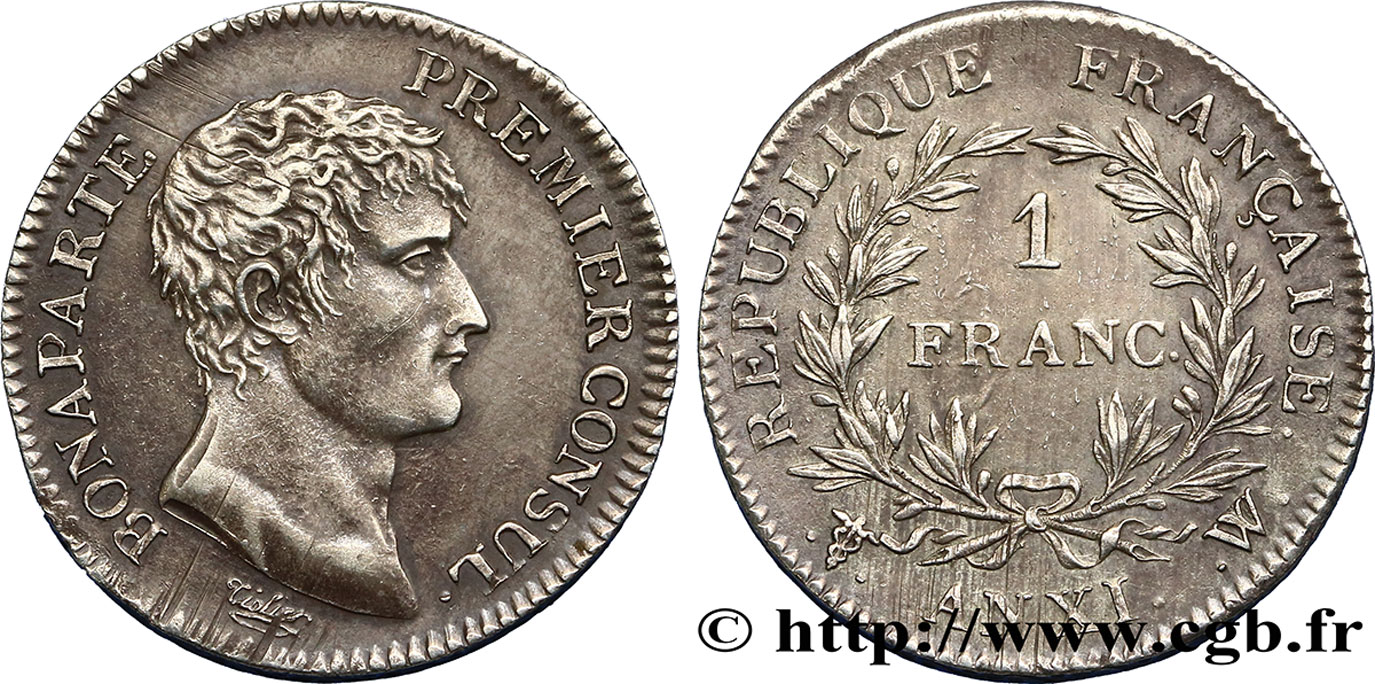
 Cообщить об ошибке
Cообщить об ошибке Распечатать страницу
Распечатать страницу Отправить мой выбор
Отправить мой выбор Задать вопрос
Задать вопрос Consign / sell
Consign / sell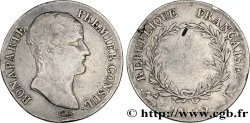
 Информация
Информация




